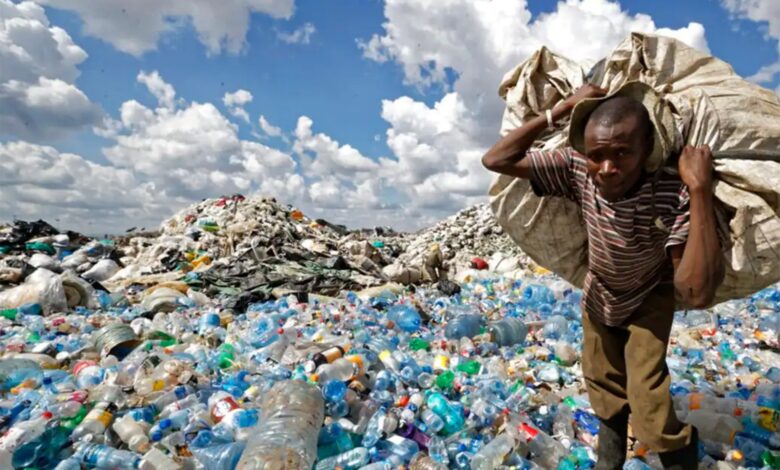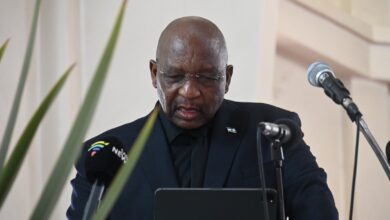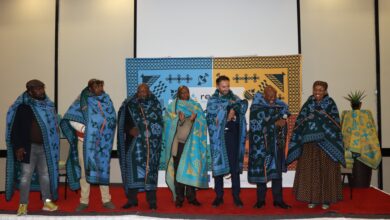Lesotho Faced with Serious Plastic Waste Problem

The Director of the Department of Environment, Mr. Stanley Damane says Lesotho is facing an imminent and serious plastic waste problem as part of the solid waste that has to be dealt with.
He said this at the inception workshop held by the Ministry of Tourism Environment, and Culture through the Department of Environment on Tuesday in Maseru.
The workshop was on the regional project of developing a regional strategy toward the environmentally sound management and controlled transboundary movement on plastic waste management in the SADC region and strengthening regional capacity.
Mr. Damane said Lesotho and the region will forge a concerted effort toward the elimination of plastic waste.
He stressed that the 2006 baseline study of the Maseru district found that the district generated an annual average of 105 000 tonnes of solid waste.
He noted that the need for proper management of waste management with a view of increase both environmental and economic benefits, along with improved quality had been realized over a decade and several initiatives have been embarked on.
He said though a lot of work in proper waste management through all its streams still has to be done, there are initiatives done by the National University of Lesotho through its Innovation Hub hence appreciating the University for the initiatives.
gion has not undertaken significant coordinated action addressing plastic waste.
She said it does not have harmonized data sets or a regional strategy for the environmentally sound management (ESM) and control of transboundary movement (TBM) of plastic waste to serve as a basis for priority setting, policy and regulation development and implementation hence some countries have adopted approaches for a total ban on certain plastic use and consumption.
She noted that some have taken a more cautious approach to encourage the development of robust plastic waste management systems that promote the collection, sorting, and recycling activities, and others have taken a more piecemeal approach.
When talking about the objectives, Ms. Mbatha said it is aimed to strengthen the ESM and controlled TBM of plastic waste through the implementation of the base convention in the SADC region, facilitated by improved national- and regional-level information and data comprehensive and coordinated communication and planning; and targeted training, capacity building, and awareness-raising.
She said the main activities of the projects are to assess the national and regional legal and institutional framework regarding the ESM and control of TBM of plastic waste, develop national and regional first-generation inventories of plastic waste as well as developing a regional strategy for the ESM and control of TBM of plastic waste undertake communication.
She said so far, the project has archived the following; the Project Regional Steering Committee has been established, Regional Inception Workshop, National steering committees established, and National project inception workshop planned.
Giving a brief on Waste legislation in Lesotho, the Department of Environment Legal officer, Ms. Moleboheng Petlane said the environment Act 2008 entails of development of standards and guidelines for waste management, issuance and cancellation of waste licenses, prohibition of importation and exportation of hazardous waste.
She said the objective of the Legal Component is to produce a set of national and a regional legal framework assessments which will have a gap analysis and recommendations.
This is a regional project to be implemented in 5 countries: Lesotho, Namibia, Malawi, Tanzania and Zambia the budget is USD177 150 and is expected to last 12 months.
Join 'Lesotho News' WhatsApp Channel
Get breaking Lesotho news — delivered directly to your WhatsApp.
CLICK HERE TO JOIN



